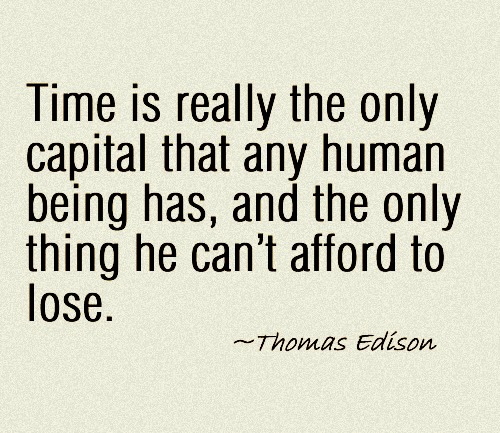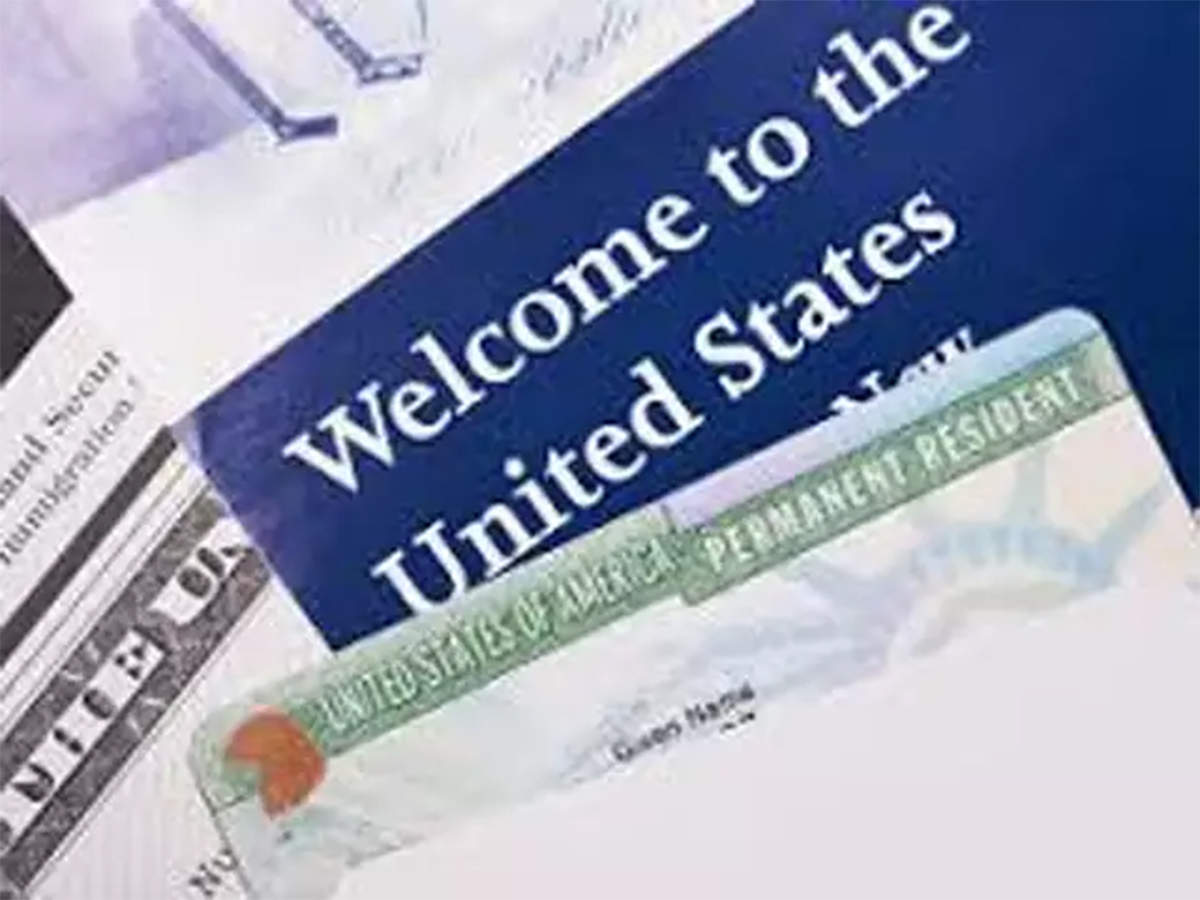
Today's topic is all about time! I get what Mr. Edison was trying to say, but how to capitalize time???

Over the years in medical school, I tried out different study techniques including using a planner and setting a list of to-dos that fits into multiple time slots throughout the day. I found it hard to accurately figure out how much time you need to dedicate for each to-do. I was alternating between having “too much time” and “too little time” from overestimating and underestimating what I can achieve in the given time period. Besides, it can be counterproductive when you want to dive in deeper on a certain topic but you did not allocate enough time for it, so you skip it just to keep up with your schedule. I always felt the sense of constantly having to keep up with time. Not before long, I burnout and realized I need a change. I eventually got around it and found out what works for me the best till this day, and I am eager to share with you on how.
1. Set your own pace
Put on your watch and just stop everything you are doing right now for 5 minutes. Watch the seconds go by. Internalise that rhythm of a ticking clock. It can feel like it takes a long time before the time is up. Yes, 5 minutes is a lot, when you are undistracted. You have that potential to fill it up with productive deeds by being “present” in the moment. Now, go on to studying, flip the pages as you read through the materials and see how much you can study in 5 minutes. The amount of learning you reap will be your “control.” Next, try to sit down and study for half an hour, maybe reading one new chapter.
Notice the difference in how much you learn from the 1st and the last 5 mins of that 30 mins period.
Do you tend to learn more in the 1st than the last 5 mins? Does this difference widen when you stretch out your study period into 2 hours? For how long you can study, before you feel that you are “saturated” and not making full use of your time anymore?
This practice is essential as in you will get good in setting your own “biological” clock for studying. You will know your baseline (how much you can typically learn) and it is helpful in monitoring for dips in productivity. You will also know your limit, and give yourself a little push to stay close to it for maximum study output. With repeated practice, you will be aware of your “state” of productiveness, and spend your time wisely on focused learning.
2. Time dimension is context dependent
As you practice Step 1, you will also realize that the output of 5 minutes in Introduction and Pathophysiology has a huge gap. The former will leave you motivated and energized because there it is a relatively easy learning material. However, understanding intricate, complicated disease mechanisms will take up a lot of your brain power. You will be fuel packed with essential information, even only for time as short as 5 minutes.
If you were to avoid burnout or fatigue especially while doing long hours revision, keep in mind that the dimension of time is different according to context. Because of the density of 5 minutes on “hard” topics, you might want to alter the dimension by prolonging your time spent on each learning points. Consciously goes back to the previous learning points before moving on to the next, in order to further consolidate your understanding, and to allow your mental faculty some “relaxation phase” to stay agile.
For example, after you read through the pathophysiology of secondary hypercalcemia in chronic kidney disease (CKD) and started on its treatment, go back to re-reading the pathophysiology when halfway through learning its treatment, and come back again to the next learning point of treatment. So, when you are done reading treatment, you already went through pathophysiology twice or thrice. With full understanding of the fundamental of what went wrong in CKD, you will know what treatments are suitable without depending on memorization.
3. Compartmentalize your time
Time is the f(x) of learning. How much time you put into learning does not compare to how much you learn in a given time. To avoid fatigue and to keep yourself motivated, micromanage your time into various slots for different types of learning. For example, reading Neurology after Nephrology, which is an intrinsically, and some would argue radically different topic. You are much more likely to stay focused on both subjects because they stimulate your brain in different ways. So rather than being overwhelmed by corticospinal and spinothalamic pathways alone, you can master the RAAS feedback loop and neural circuit efficiently. If you have to read a same topic for hours, try to alter the learning modes or materials. For instance, change to lecture videos after textbook, or journal articles after PowerPoint slides. Each change will be like a breather for your brain and a "refresh" button for your mind, so that you can constantly renew your interest in the topic and stay eager to learn more.
On a meso- level, compartmentalize your day into blocks of hours. Be aware of the times when you are less productive, for example, after lunch; and utilize that as “downtime” by spending it on something recreational that does not demand much of mental capacity. You kill two birds with one stone this way by getting enough rest and feeling energized for the next study session. Besides, make good use of endogenous endorphins too, by slotting in half to an hour of exercise after studying. If you are less of an athletic type, napping can be an alternative as research has shown that sleep consolidates memories. The bottom line is, personalize your study hours with close attention to your physical and psychological needs. Be flexible and take breaks in between. You will last longer, and have more fun along the way studying this way than holing up in a library corner.
On a macro level, compartmentalize your weeks by putting study break during the weekends. Make your own rituals. I usually clear my desk on Friday night, have some desserts and make plans with family for weekends. These "celebrations" in life are what keep you going, and do not want to lose your momentum in a years long marathon like Medicine.
It is a long post!
Long story short:
Don't just spend time, use it.
Play it to your strength.
And have fun in MedSchool :)

